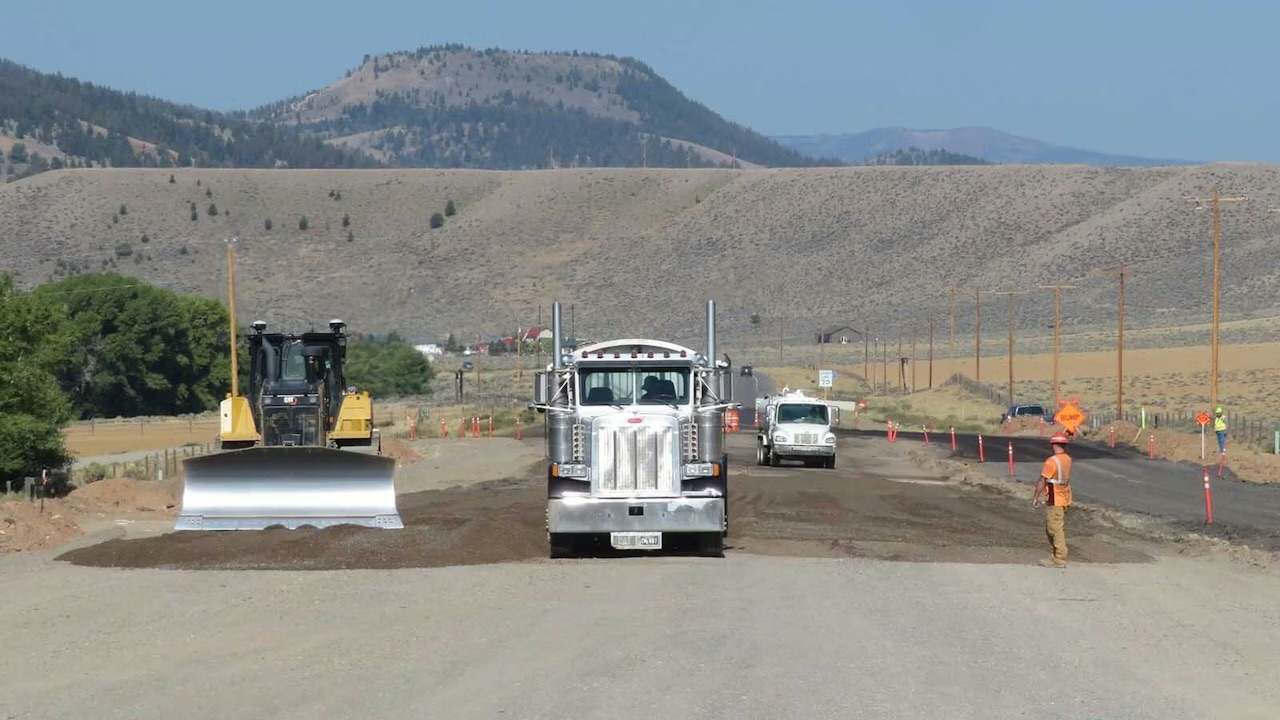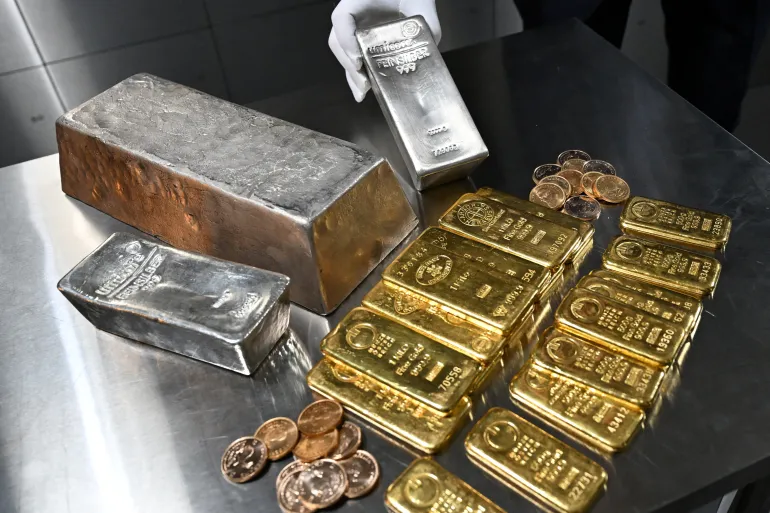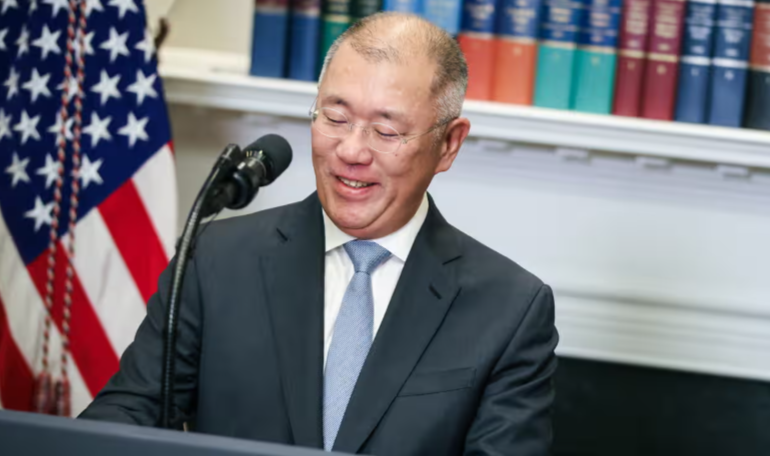Hyundai, the South Korean automaker, has unveiled plans for a significant $21 billion investment in the United States, a move aimed at bolstering its production capacity and fostering strategic partnerships with US companies in advanced technologies.
The announcement comes just ahead of potential tariffs that could be imposed by the Trump administration, which has threatened to levy additional duties on imported vehicles and steel.
Hyundai’s ambitious investment includes a wide range of initiatives, starting with $9 billion aimed at increasing its US production to 1.2 million vehicles annually by 2028. The company also plans to invest $6 billion in expanding collaborations with American firms in areas like autonomous driving, robotics, artificial intelligence (AI), and advanced air mobility.
A key element of Hyundai’s investment is the establishment of a $5.8 billion steel plant in Louisiana, which is expected to produce over 2.7 million metric tons of steel annually. The new plant will create more than 1,400 jobs and supply steel to Hyundai’s existing manufacturing plants in Alabama and Georgia. Additionally, Hyundai will host a ceremony for its new $7.59 billion car and battery factory in Georgia, where it already has production facilities, along with its affiliate Kia.
The carmaker’s expanded footprint in the US is expected to generate 14,000 full-time jobs, marking a major step in Hyundai’s commitment to the American market. The investment also includes plans to purchase $3 billion worth of liquefied natural gas (LNG) from US producers.
This investment follows an ongoing trade dispute between the US and South Korea. President Donald Trump has threatened to impose reciprocal tariffs on countries, including South Korea, in response to the large trade surplus the country holds with the US Trump has already imposed tariffs on steel and aluminum imports, and more levies on vehicles are expected in the coming weeks.
Hyundai’s move to strengthen its US operations appears to be a strategy to mitigate the impact of potential tariffs on its products, particularly its steel and automotive parts. The company’s plans have garnered praise from Trump, who has stated that such investments demonstrate the effectiveness of his tariff policies, suggesting that they lead to more manufacturing jobs in the US.
Despite the optimism surrounding Hyundai’s US investment, analysts have expressed concerns over the financial risks and challenges associated with Hyundai Steel’s new plant. The steelmaker, which is already carrying significant debt, will need to secure funding for the project, which is expected to use electric furnaces to produce automotive-grade steel. While Hyundai Steel aims to finance half the cost, the remainder will be covered by its parent company and other investors.
The Guardian, BBC, and Reuters contributed to this report.










The latest news in your social feeds
Subscribe to our social media platforms to stay tuned